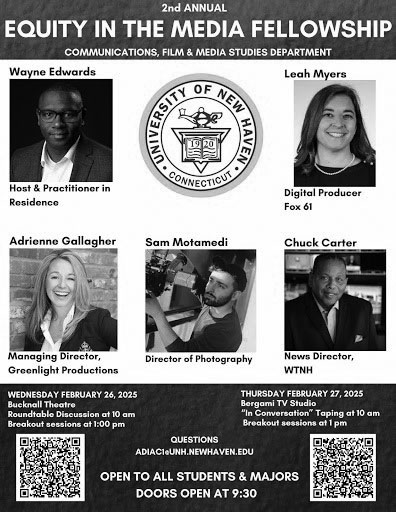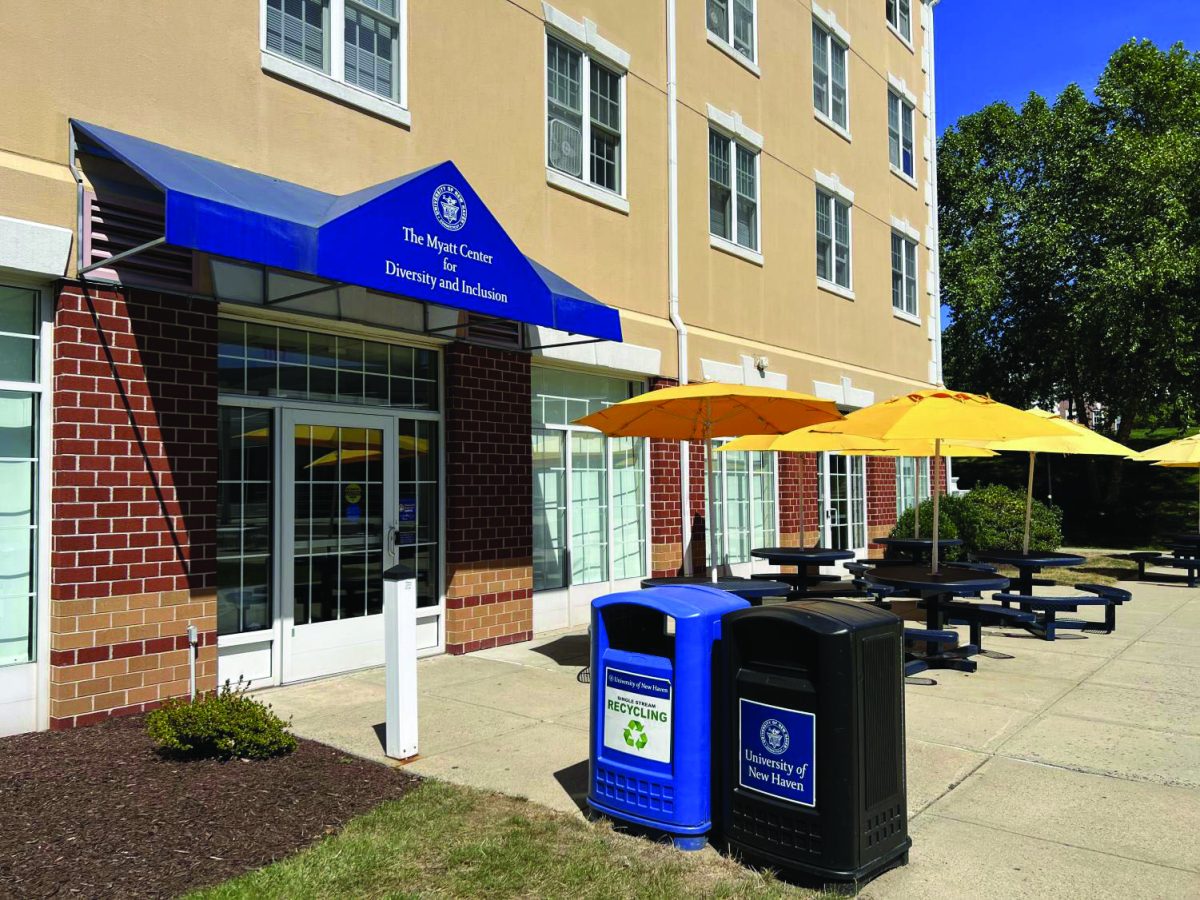On Oct. 30, the honors section of Principles of Communication, COMM 1130, hosted guest speakers in Maxcy Hall to discuss the rising issue of banning books in libraries across the country. Guest speakers discussed issues that lead to the challenging and banning of books in an informal conversation with students. They discussed the issues that are challenged most often, among them being controversial topics like gender,sexual orientation, or sexual content.
With an immense amount of books coming out and touching on these topics, the number of challenges against them continue to grow. Connecticut is at the forefront of this movement. The American Library Association reported last year that there were a total of 113 challenged books within the state. This leaves Connecticut as one of only 17 states to receive more than 100 book challenges.
“We’re seeing the majority of challenges coming from the public library now. I don’t see it from parents, I see it from grandparents,” said Rebecca Harlow, librarian and director of the banned books group at the Case Memorial Library in Orange, Conn. The increase in challenges leads to what many refer to as soft censorship,where librarians pass on buying books they fear will face backlash from the public.
“I don’t believe in the rights of other people to restrict what my children should be exposed to,” said Harlow. “As a parent I believe my job is to have conversations with my kids.”
To combat the large number of challenges, legislation is being passed to condemn book banning. The legislation being passed will affirm students’ first amendment rights, as well as limit who and how often one can challenge a book. As of 2024, there are150 bills pending across 35 states.
Former Connecticut State Representative and acting associate dean of the Henry C. Lee of Criminal Justice and Forensic Sciences, Michael Lawlor, said another form of book banning is within the prison system. Content that is allowed in prisons is far more restricted. Any pictorial depiction of nudity, conduct between minors, and further types of content are being banned.
The banning of books in prison systems is not decided by a committee as it is done in schools, instead it is left up to the prison wardens.
“There used to be a committee that was established to make decisions, they got rid of that and instead have the local jail and prison administrators do it,” said Lawlor. This leads to books being banned due to missing context and misunderstandings of the kind of content that is being consumed.
In returning to a conversation about books being banned in public schools and libraries, Lawlor expressed his belief that the reason many target the books they do are in an attempt to “ostracize marginalized groups of people.” With all of the guest speakers agreeing that books are challenged by those who don’t always know the content of the books they are challenging “little snip-bits are taken out of context” said Lawlor.







